Mass rallies must respect commuters’ rights
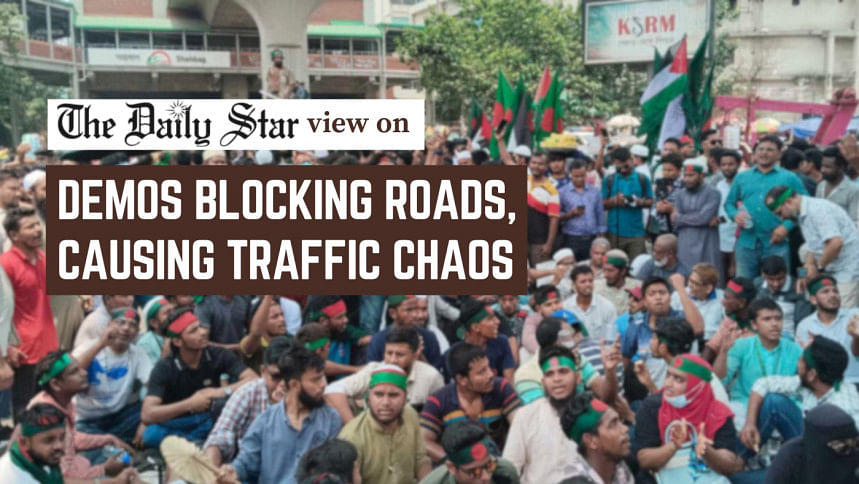
We are all aware of Dhaka's notorious reputation for its slow traffic and congestion on the roads. Whereas the standard recommendation is that at least 25 percent of space in every big city should be dedicated for roads, in Dhaka it is only nine percent. Even this space is neither well-designed, nor properly maintained, much of it occupied by hawkers, illegal parking, uncollected garbage, and temporary food stalls. According to studies by the World Bank and BUET, traffic speed in the capital was 21 kmph in 2007; in 2022, it came down to 4.8 kmph, which is equivalent to the average walking speed. Dhaka is perhaps the only city in the world where vehicular traffic speed is equal to that of walking—while braving open sewage and numerous potholes.
Now we have another factor adding to the city's existing traffic challenges: random mass demonstrations. According to a recent report by Prothom Alo, in the 90 days between May 9 and August 6, main roads were blocked by various demonstrations in 36 days. Of the 54 times that roads were blocked, political rallies caused it 26 times, students' demonstrations 13 times, job-seekers six times, and others nine times. People who block the roads usually choose the busiest and the most crucial places in the city, such as Shahbagh, Press Club, and Paltan. The idea is that the bigger the traffic mess is, the faster the authorities will react. Public convenience is nobody's headache.
According to the report, traffic congestion already causes a wastage of 82 lakh working hours in Dhaka every day, whose monetised value is Tk 139 crore (as of 2022). Multiply it by 365, and we get an idea of what we lose annually. Add to that the wastage of the ever expensive fuel, air pollution, and the impact on public well-being. Imagine the plight of office goers, factory workers, students, hospital goers, and emergency patients. If blockades due to the demonstrations are added to the mix, one can imagine how the commuters are affected.
This must be addressed promptly. Since we are seeking consensus in so many areas from the political parties, we suggest that all should agree not to block the city roads to hold rallies. Students could be urged to follow suit. The government should announce some designated open spaces for rallies and ban gatherings elsewhere. Also, the authorities should allow rallies only on the weekends. This should be considered a priority in national interest. These actions are fast and least expensive that the authorities can and must take immediately. Otherwise, the quality of life and productivity in Dhaka will continue to get worse. With the election on the horizon, we will see a lot more public gatherings taking place. Only planning ahead and preventive measures can alleviate public suffering due to blocked roads.


 For all latest news, follow The Daily Star's Google News channel.
For all latest news, follow The Daily Star's Google News channel. 
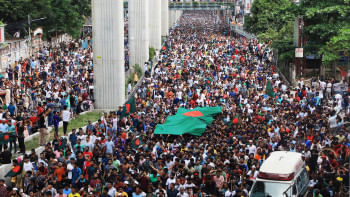



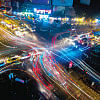
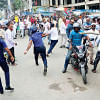
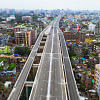
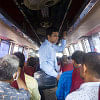


Comments